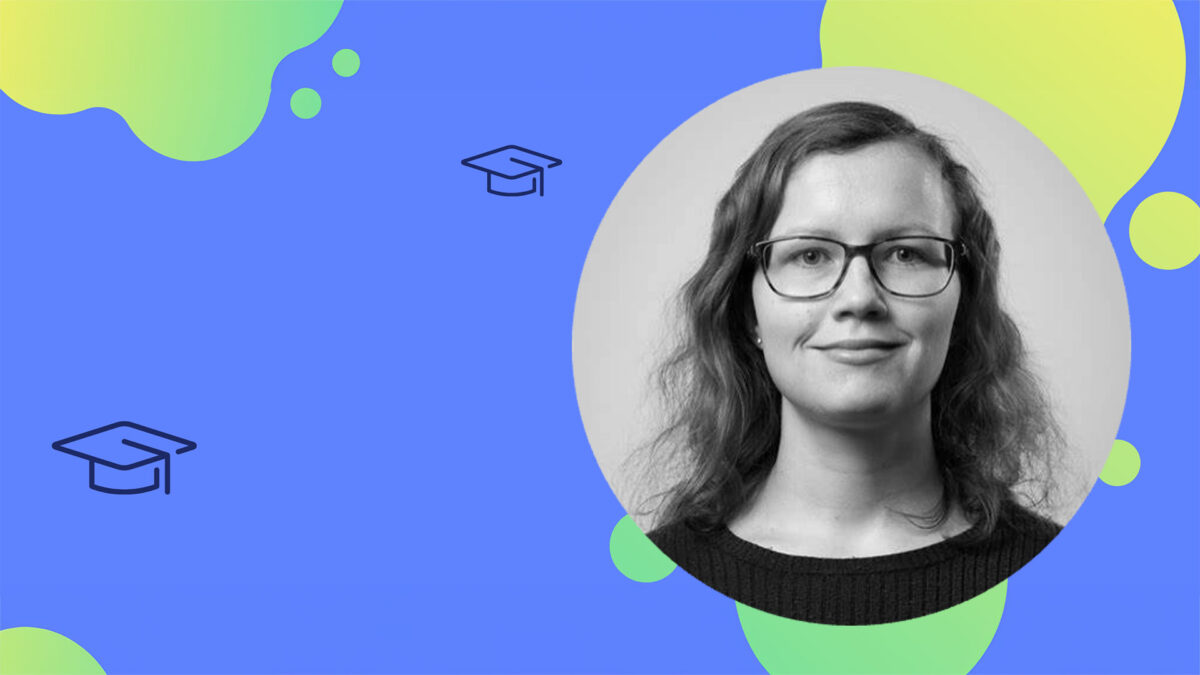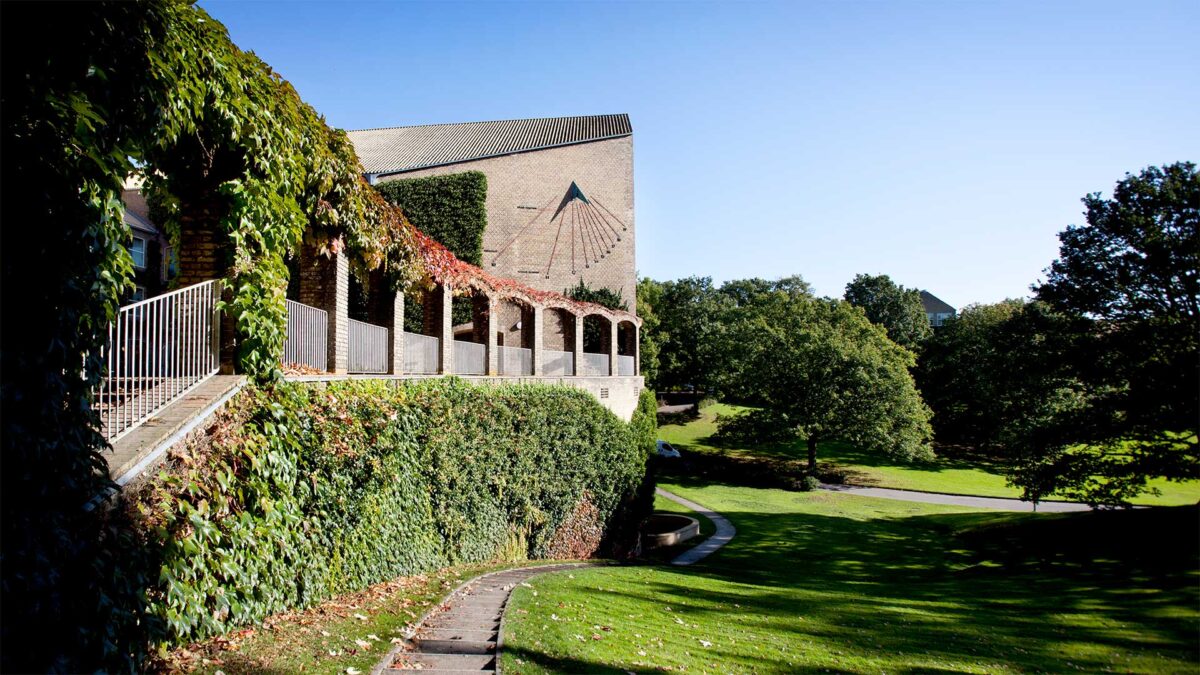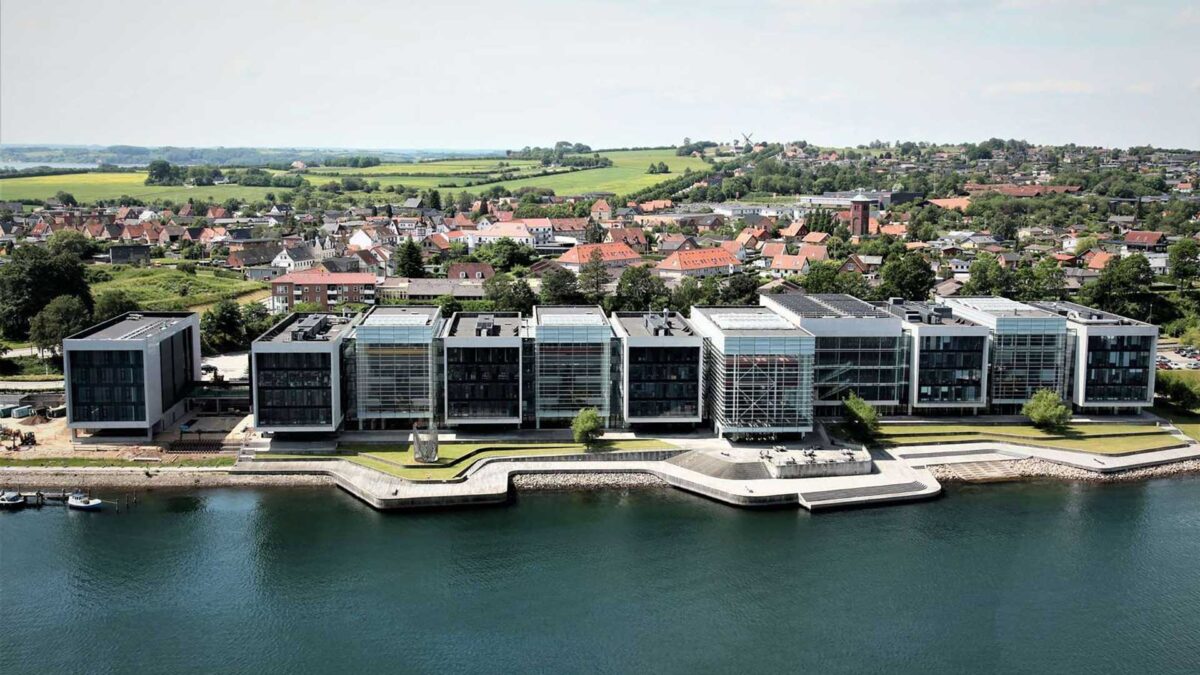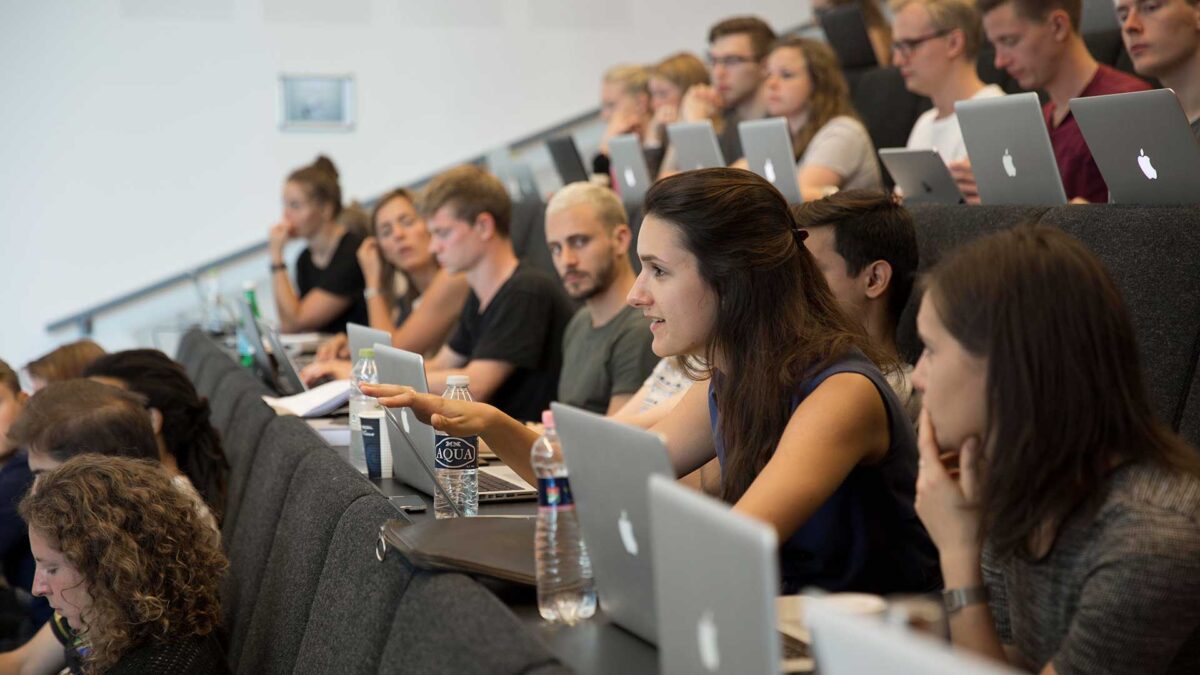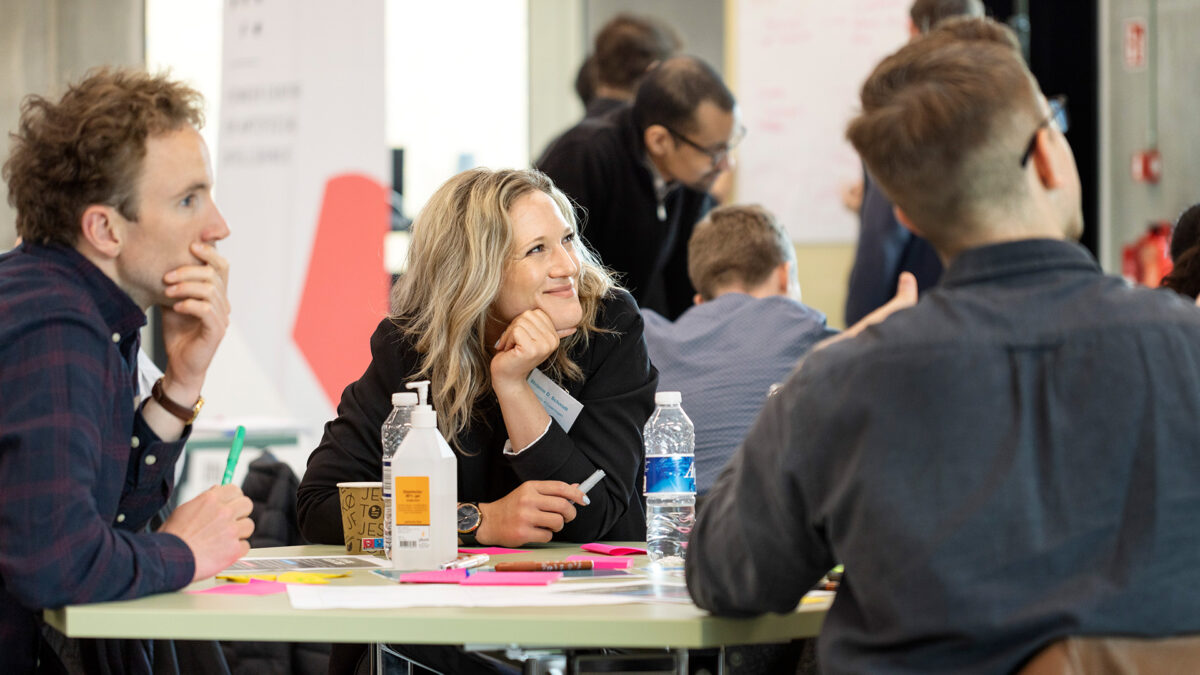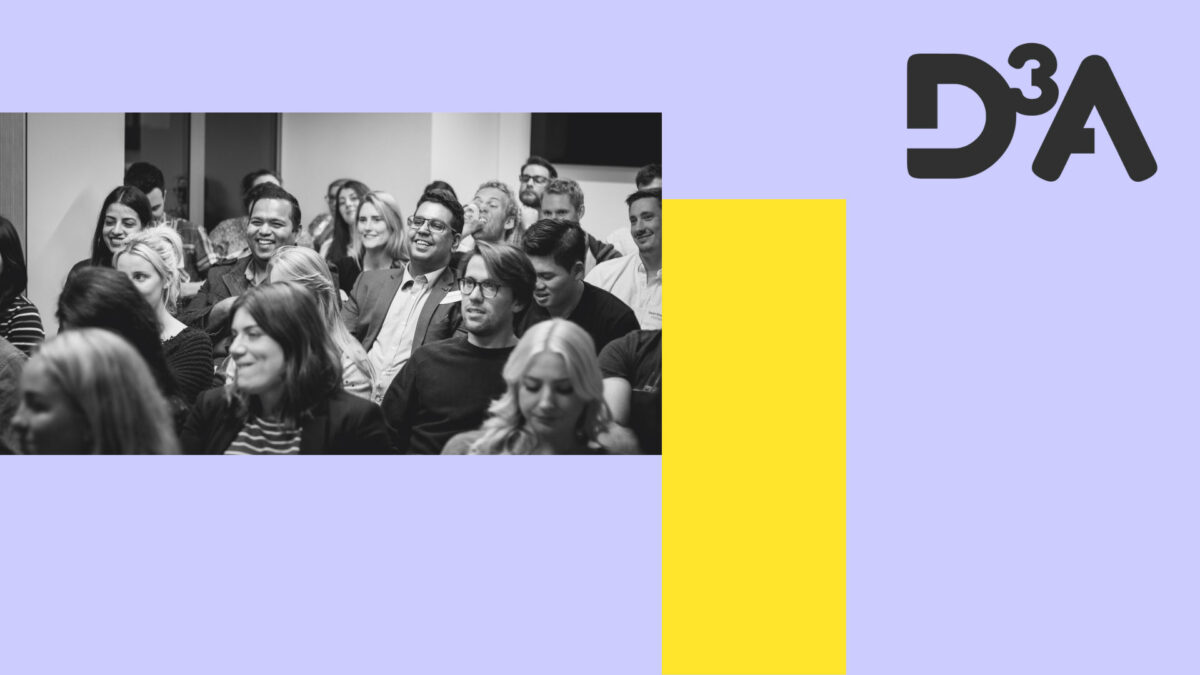PhD Defence by Lenka Tetková
From grain to insights: Explainability in AI for Biological Data Analysis
- DTU Compute, Building 324, room 040
- 17 October 2024, 13:30
- Language: English
-
Organizer:
DTU Compute - For online participation please use this link:
Abstract
In machine learning, researchers often rely on standard datasets to test and compare different methods. These datasets are like controlled experiments where conditions are kept consistent. However, my thesis takes a different approach by focusing on real-world applications, specifically detecting diseases and damages in grain kernels using images. This task is particularly challenging due to the natural variations in biological data, which are quite different from the controlled conditions of standard datasets.
The main goal of my research is to improve how we detect diseases in grain kernels and make the process more transparent and understandable. To do this, I explore the use of knowledge graphs. Think of a knowledge graph as a network of information where different pieces of data are connected, much like a mind map. This can help enhance image classification (identifying what an image represents) and create specific data collections tailored to our needs.
One of the significant challenges I tackle is applying explainability methods to data with biological variations. Explainability methods are techniques used to make AI models’ decisions more understandable to humans. I propose a workflow, which is a step-by-step guide, to help choose the best method for any given situation and test how well these methods handle minor, natural changes in the images.
Finally, I delve into making machine learning models more understandable by linking their operations to high-level concepts. High-level concepts are broad ideas that humans can easily grasp, like “color” or “shape.” I also work on aligning the model’s information processing with human thinking, meaning I try to make the AI think in ways that are similar to how humans think. This could provide valuable insights into making AI models more aligned with how humans understand and interpret information.
Supervisors
Professor Lars Kai Hansen, DTU Compute
Professor Kim Steenstrup Pederesn, University of Copenhagen
Examiners
Associate Professor Michael Riis Andersen, DTU Computer
Professor Stefan Haufe, TU Berlin
Professor Michael Kampffmeyer, UiT The Artic University of Norway
Chair of defence
Associate Professor Tobias Søren Andersen
Everyone is welcome.
Reception will be held in building 322, room 232 after the defence
A digital version of the PhD thesis can be obtained from the PhD School at phdschool@compute.dtu.dk up until the time of the defence.

